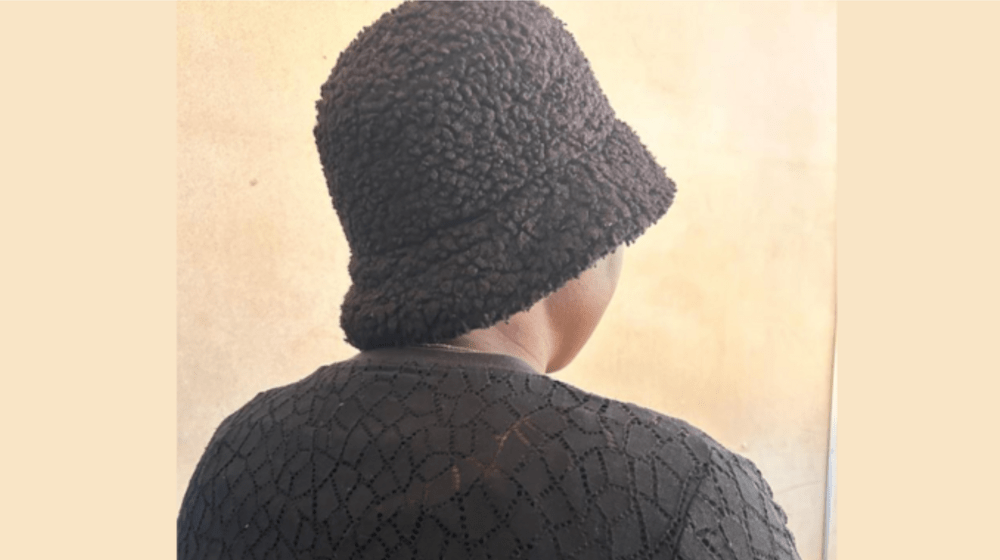GWANDA, Zimbabwe – “When I met this man, I thought I had been given another chance at love,” says 41-year-old Lungile*. She shifts uncomfortably on her seat. “I had no idea that things would turn out the way they did.”
Married to her husband for four years, they have one child together, aged four. Both were previously married and have children by their first partners. Initially, her second marriage brought renewed hope.
“The once-loving man I married turned into a monster,” she says.
He would assault me whenever I asked him about his salary from the mine.
Although he worked at a nearby mine and had a steady income, he stopped buying food and clothes for his new family. The trouble began when she asked him why.
“He would assault me whenever I asked him about his salary from the mine. Up to now, I do not know how much he earns from his job.”
She was at a loss for why he was treating her this way.
“One day, he came home from the bar and we had an argument about money. He started beating me. It was between 9 and 10 in the night when it happened, and I had no one to turn to.”
When he finished assaulting her, he returned to the bar to continue drinking.
“I thought my hand was broken. My eye was swollen and purple. When I looked in the mirror, I knew I had had enough,” she says.
Zimbabwe's high rate of IPV
In Zimbabwe, intimate partner violence (IPV) is disturbingly common. An estimated 18 per cent of women and girls reported experiencing IPV in the past 12 months (2018). Contributing to this problem is the high rate of child marriage, with girls often married off to an older man, creating an imbalance of power which leaves girls vulnerable to abuse. One in three girls is married by age 18 (2023), and linked to this, 87 per cent of girls aged 15 to 19 have given birth (2024).
In households where IPV begins, abused women and girls often lack the financial resources they need to seek help and access services.
Lungile was fortunate. She remembered that her niece had given her the contact details of an organization called Musasa, which provides support to abused women and girls, and she phoned them.
“They [Musasa] came to pick me up and took me to the hospital. I was treated for my wounds. Luckily, my hand was not broken. They also helped me report the matter to the police,” she says.
She was admitted to hospital and was discharged a few days later. Musasa, a partner of UNFPA, the United Nations sexual and reproductive health agency, provided transport to move her to her mother’s home in Esigodini, to escape her abusive husband. This brought her immediate relief.
As I reflect on my abuse, it has dawned on me that I could have died in this abusive relationship. I am healing in peace.
“I feel very safe and loved at home. As I reflect on my abuse, it has dawned on me that I could have died in this abusive relationship. I am healing in peace. I have even started a small buying and selling business, which gives me a good weekly profit. I plan to expand the venture once I get more capital.”
Gaining access to services, with UNFPA support
Lungile knows how her situation is likely to play out, and she's having none of it.
“Soon, he will send a delegation to apologize and convince me to return to our home, but I have had enough. I am not going back to him. It is time to rebuild my life,” she says.
She is one of many gender-based violence survivors in Zimbabwe who have been supported by UNFPA and partners to access life-saving services under the United Nations Central Emergency Relief Fund (UN CERF).
A significant proportion of GBV survivors are unable to access services due to financial constraints and compromised safety. Most of them have experienced physical violence and rape. Musasa’s shuttle service safely transports survivors, especially in hard-to-reach areas, to access the services they need in a timely manner.
Since January 2024, more than 6300 GBV survivors have accessed services through the shuttle.
The CERF project, a six-month initiative that ran from January to June 2024, formed part of the El Niño Anticipatory Action Plan implementation. More than 30,000 women and girls were reached through various services offered in eight districts – Gwanda, Chiredzi, Buhera, Chipinge, Mwenezi, Hwange, Umguza and Beitbridge.
Interventions under the programme also strengthened community-based mechanisms for GBV risk mitigation and protection from sexual exploitation. Safe spaces, for instance, were set up to provide vulnerable women and girls with psychosocial support.
This layering of interventions has been essential for survivors to access a comprehensive package of care. It has been fundamental for the tens of thousands of women who, like Lungile, have had to pick themselves up and rebuild their lives, one day at a time.
* Name changed to protect her identity.


